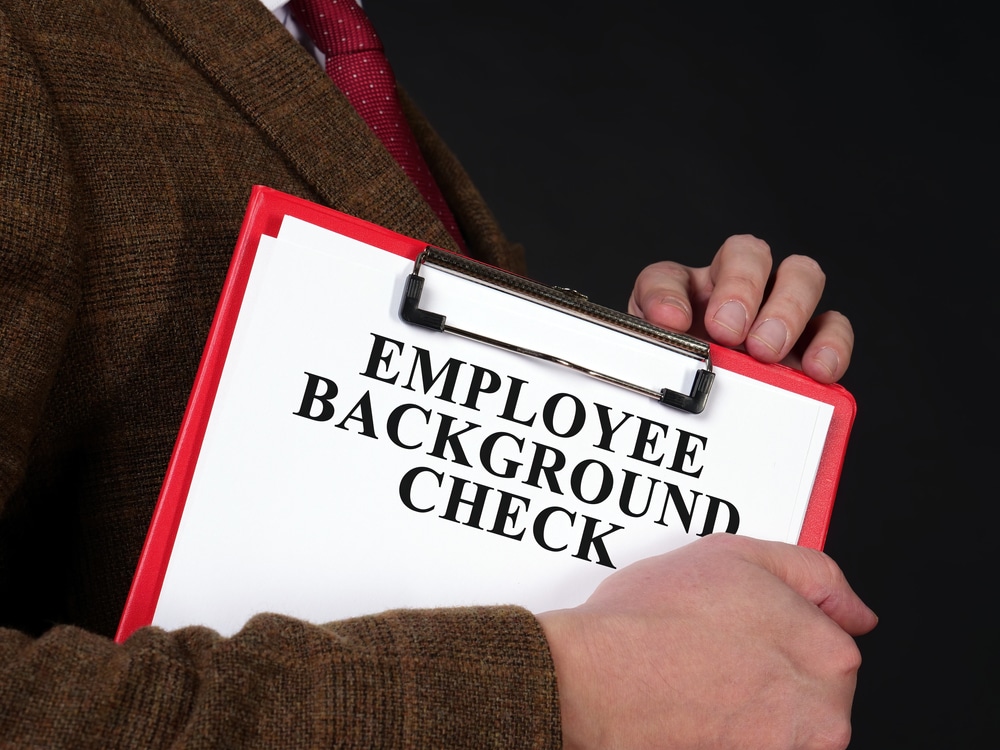There are a few ways that employers may perform due diligence on prospective employees during the hiring process for any business, and background checks are one of the most common examples. Background checks help employers understand basic information and history about an applicant for a position, and a high percentage of organizations conduct at least some form of background check during their hiring processes.
At WTA Inc, we’re here to offer a wide range of employer HR services to businesses around Salt Lake City, including everything from recruitment and hiring to risk management, liability management and more. In this two-part blog series, we’ll go over everything employers should know about background checks – today’s part one will discuss why they’re done and some of the various types of background checks out there, while part two will go over some legal concerns to be aware of and some general trends in employer background checks over recent years.
Why Background Checks Are Done
There are several key reasons why employers often conduct background checks on prospective employees, including:
- Avoiding liability: In today’s world, employers are often held responsible for the actions of their employees. This means organizations have a vested interest in knowing about any potential red flags or concerning past behavior that could result in legal issues down the line. Background checks can help identify any potential risks before they become a problem.
- Protecting employees and customers: Employers also have a responsibility to create a safe working environment for both their employees and their customers. Background checks can help uncover any previous criminal activity that could pose a threat in the workplace.
- Productivity: Hiring the wrong person can be incredibly costly for a business. Background checks can provide valuable information about an applicant’s skills, education and work history, helping employers make more informed hiring decisions.
- Verifying basic personal data: Finally, background checks can help validate basic information about an applicant, such as their education, work experience and references. This can be especially useful for positions that require specific qualifications or certifications.
Kinds of Background Checks
There are numerous kinds of background checks or other pre-hiring screenings out there, including:
- Criminal history or drug tests: These checks are often part of a standard background check for most employers. They can reveal any past convictions or history of drug use.
- Credit checks: Employers may perform credit checks on applicants, particularly for positions that involve handling finances or sensitive information.
- Employment history: This type of background check verifies an applicant’s work history, including dates of employment and job titles.
- Education and credentials: Educational background checks can verify degrees or certifications claimed by an applicant.
- Others: Other types of background checks may include reference checks, motor vehicle records checks, social media screenings and more.
Stay tuned for part two of our blog series, where we’ll discuss some legal considerations and trends in employer background checks. At WTA Inc., we’re committed to helping businesses navigate the often complex world of HR and hiring. Contact us today for more information on our services and how we can assist your organization!


